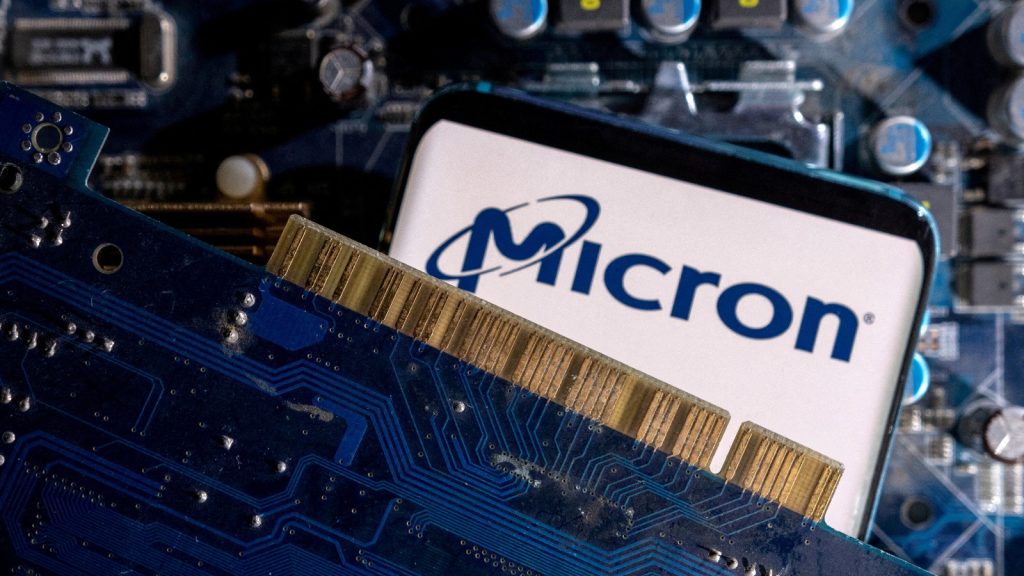China has banned the sale of products made by US-based memory chip company Micron Technology, citing severe cybersecurity risks and consequent national security concerns. This move is perceived as a retaliation against the tightened export restrictions on chips imposed by Washington. This ban, effective immediately, pertains to sales to China’s critical information infrastructure operators, essentially severing a market that represented roughly 11% of Micron’s total revenue in 2022, amounting to US$30.8 billion. Here are the details…
China Escalates Tech War with US by Banning Micron Chips
The Cyber Security Review Office, a part of the Cyberspace Administration of China, declared that Micron failed to pass its cybersecurity review, resulting in this ban. The specifics of the review process, the products involved, and the identified security risks, however, were not disclosed. Notably, this decision comes 50 days after the initiation of the probe into Micron’s products on national security grounds.

The CIIO regulations in China are extensive, enveloping numerous sectors deemed vital to national security and public livelihoods, including communication and information services, energy, transport, water resources, and finance. Following the ban, sales of Micron products including DRAM, NAND flash memory, and solid state drives to entities in these sectors are effectively prohibited. Major Chinese customers of Micron, including Lenovo, Xiaomi, Inspur Electronics Information, ZTE, Coolpad, China Electronics Corp, and Oppo will be directly impacted by this decision.
The US Commerce Department has criticized China’s decision, asserting that it “firmly opposes restrictions that have no basis in fact.” The department’s statement also signaled the intent to engage directly with the Chinese authorities and other key allies to address the disruptions caused by this action to the memory chip market.
Micron, the world’s fourth-largest semiconductor company, is also dealing with the repercussions of this unexpected decision. The company said it is currently evaluating its next steps and hopes to continue discussions with Chinese authorities. Betty Wu Mingxia, the new general manager of Micron China, has affirmed the company’s commitment to the local technology ecosystem in China, underlining the country’s critical role in its global operations and technological leadership in DRAM production.
As the fallout of this ban continues to unfold, the future of the memory chip market could shift considerably. Analysts suggest that this ban may benefit other players in the industry, such as South Korean memory chip makers Samsung Electronics and SK Hynix, and the Chinese supplier Yangtze Memory Technologies Corp. This development could signify a new front in the ongoing technology war between China and the US. While it’s unclear what the long-term impact will be, it is evident that geopolitical tensions are having significant implications for the global technology landscape.
RELATED:
- Best Play Store Deals – Apps and Games on Sale this…
- Apple’s AR/VR Headset May Be Called “xrProOS” Suggesting Launch in the Near Future
- Anker launches new 3-in-1 Cube charger with Apple MagSafe support in China
- Huawei Watch 4 Introduces Blood Sugar Monitoring before Apple
- Apple’s App Store Transparency Report Reveals 1.6 Million App Rejections Last Year
(via)




